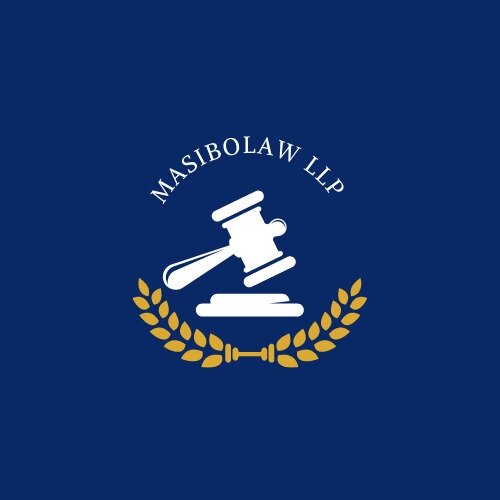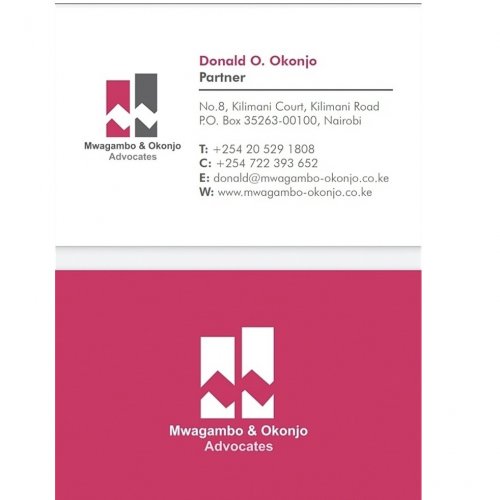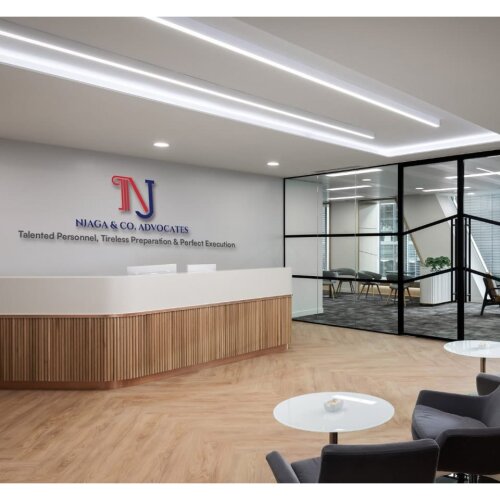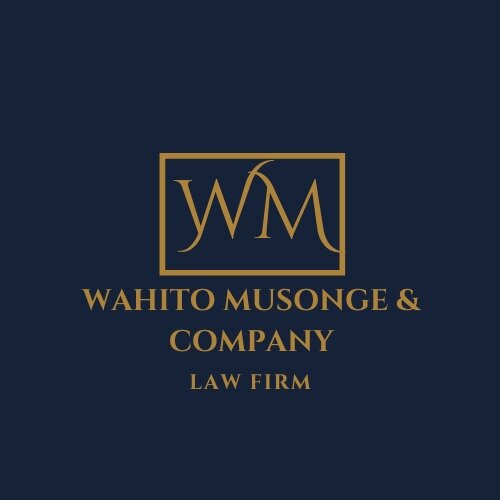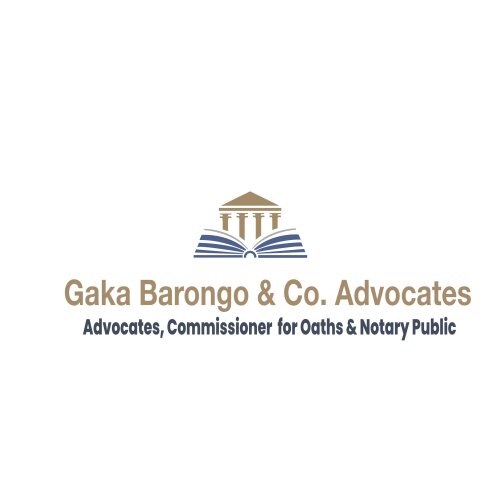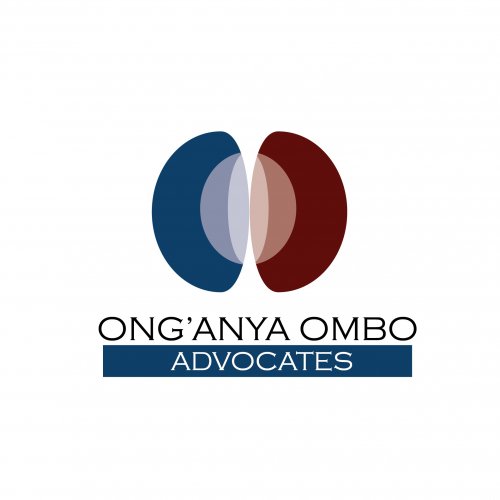Best Media and Entertainment Lawyers in Kenya
Share your needs with us, get contacted by law firms.
Free. Takes 2 min.
Or refine your search by selecting a city:
List of the best lawyers in Kenya
About Media and Entertainment Law in Kenya
Media and Entertainment Law in Kenya is a vibrant and evolving field that intertwines various legal disciplines to cater to the needs of the media, entertainment, and creative industries. This area of law covers a broad spectrum, including intellectual property rights, freedom of expression, contract law, privacy, and the regulation of media and broadcasting entities. As media and technology continue to advance, the landscape of Media and Entertainment Law in Kenya evolves, presenting new opportunities and challenges.
The Kenyan media scene is dynamic, with a mix of traditional platforms like television, radio, print, and new media platforms including digital and social media. The entertainment industry encompasses music, film, performing arts, fashion, and digital content creation. Professionals in these sectors often seek legal guidance to protect their rights, navigate regulatory frameworks, and capitalize on commercial opportunities.
Why You May Need a Lawyer
There are numerous scenarios in the Media and Entertainment fields where hiring a lawyer is essential:
- Intellectual Property Protection: Creating original content, whether it's a song, film, or written work, demands protection against unauthorized use.
- Contracts and Agreements: Whether you're signing with a record label, negotiating a publishing deal, or licensing your work, proper contract drafting and negotiation are crucial.
- Defamation and Privacy Concerns: Navigating broadcasting and publication of content requires understanding defamation laws and privacy rights to avoid legal issues.
- Regulatory Compliance: Ensuring compliance with regulations set by the Communications Authority of Kenya and other bodies to avoid penalties.
- Entertainment and Media Disputes: Resolution of disputes arising from content ownership, royalties, or collaboration agreements.
- Talent Representation: Artists, actors, and creatives may need legal representation for career management and negotiation of terms.
Local Laws Overview
In Kenya, several laws and regulations impact the Media and Entertainment industry:
- Copyright Act: Governs the protection of creative works, granting creators exclusive rights and providing them with enforcement mechanisms against infringement.
- Kenya Information and Communications Act: Establishes the framework for electronic communication regulation and the broadcast media policy.
- Media Council Act: Aims to foster a free and independent media sector while ensuring ethical standards are upheld.
- Defamation Act: Outlines what constitutes defamatory content and provides defense and remedies for defamation cases.
- Films and Stage Plays Act: Regulates the distribution and exhibition of films and plays to ensure content meets national standards.
Frequently Asked Questions
What is the role of a media lawyer?
A media lawyer specializes in legal issues related to media, such as negotiating and drafting contracts, handling intellectual property matters, ensuring regulatory compliance, and managing defamation claims or other media-related disputes.
How can a lawyer help me protect my creative work?
A lawyer can help by advising on proper registration of copyrights, drafting agreements that specify ownership rights, and taking legal action against unauthorized use or infringement of your work.
What happens if a media outlet defames me?
If a media outlet disseminates defamatory content about you, a lawyer can assist in filing a lawsuit seeking retractions, apologies, and possibly damages for harm caused to your reputation.
What should I consider before signing a media or entertainment contract?
Before signing a contract, consider factors such as rights ownership, payment terms, duration, termination clauses, and dispute resolution mechanisms. A lawyer can help review and negotiate terms to protect your interests.
How do I obtain a broadcasting license in Kenya?
The Communications Authority of Kenya issues broadcasting licenses. Applicants need to meet regulatory criteria and submit necessary documentation. A lawyer with experience in media licensing can assist with the application process.
Can I use someone else's music in my film?
Using another's music requires obtaining licenses or permissions from the copyright holder. A lawyer can facilitate this process by negotiating and drafting licensing agreements.
Are there specific laws for digital content creators?
While specific laws for digital content creators are still evolving, existing copyright, contract, and defamation laws apply. Digital creators must stay informed about laws pertaining to digital platforms and online content use.
What is the importance of a talent manager in entertainment law?
A talent manager works alongside a lawyer to handle a client's career, negotiating deals, and ensuring professional milestones are met while the lawyer handles legal aspects such as contracts and disputes.
Where do I report media content violations?
Violations can be reported to the Communications Authority of Kenya or the Media Council of Kenya, depending on the nature of the infraction. Legal counsel can advise on appropriate channels.
What is fair use in media law?
Fair use allows limited quotation or reproduction of content without permission under specific circumstances, such as for research, comment, or educational purposes. Legal advice is crucial in determining fair use applicability.
Additional Resources
For those seeking further information or legal advice, consider reaching out to the following:
- Media Council of Kenya: Provides guidance and resources on media laws and journalist standards.
- Communications Authority of Kenya: Offers regulatory insights and licenses for communication and media services.
- Kenya Copyright Board: Facilitates copyright registrations and enforcement in Kenya.
- Law Society of Kenya: A professional association offering a directory of qualified lawyers specializing in media and entertainment law.
Next Steps
If you require legal assistance in the media and entertainment field, the following steps can help guide your process:
- Identify Your Needs: Clearly define your legal requirements-such as contract negotiation, copyright protection, or dispute resolution.
- Consult a Specialist: Look for a lawyer or firm with expertise in media and entertainment law to ensure comprehensive legal support.
- Prepare Necessary Documentation: Gather relevant documents, content materials, and any existing agreements to present to your lawyer.
- Discuss Costs: Have an upfront discussion about legal fees to understand the scope of services and potential expenses.
- Stay Informed: Keep yourself updated on changes in media and entertainment regulations to protect your interests effectively.
Lawzana helps you find the best lawyers and law firms in Kenya through a curated and pre-screened list of qualified legal professionals. Our platform offers rankings and detailed profiles of attorneys and law firms, allowing you to compare based on practice areas, including Media and Entertainment, experience, and client feedback.
Each profile includes a description of the firm's areas of practice, client reviews, team members and partners, year of establishment, spoken languages, office locations, contact information, social media presence, and any published articles or resources. Most firms on our platform speak English and are experienced in both local and international legal matters.
Get a quote from top-rated law firms in Kenya — quickly, securely, and without unnecessary hassle.
Disclaimer:
The information provided on this page is for general informational purposes only and does not constitute legal advice. While we strive to ensure the accuracy and relevance of the content, legal information may change over time, and interpretations of the law can vary. You should always consult with a qualified legal professional for advice specific to your situation.
We disclaim all liability for actions taken or not taken based on the content of this page. If you believe any information is incorrect or outdated, please contact us, and we will review and update it where appropriate.
Browse media and entertainment law firms by city in Kenya
Refine your search by selecting a city.






